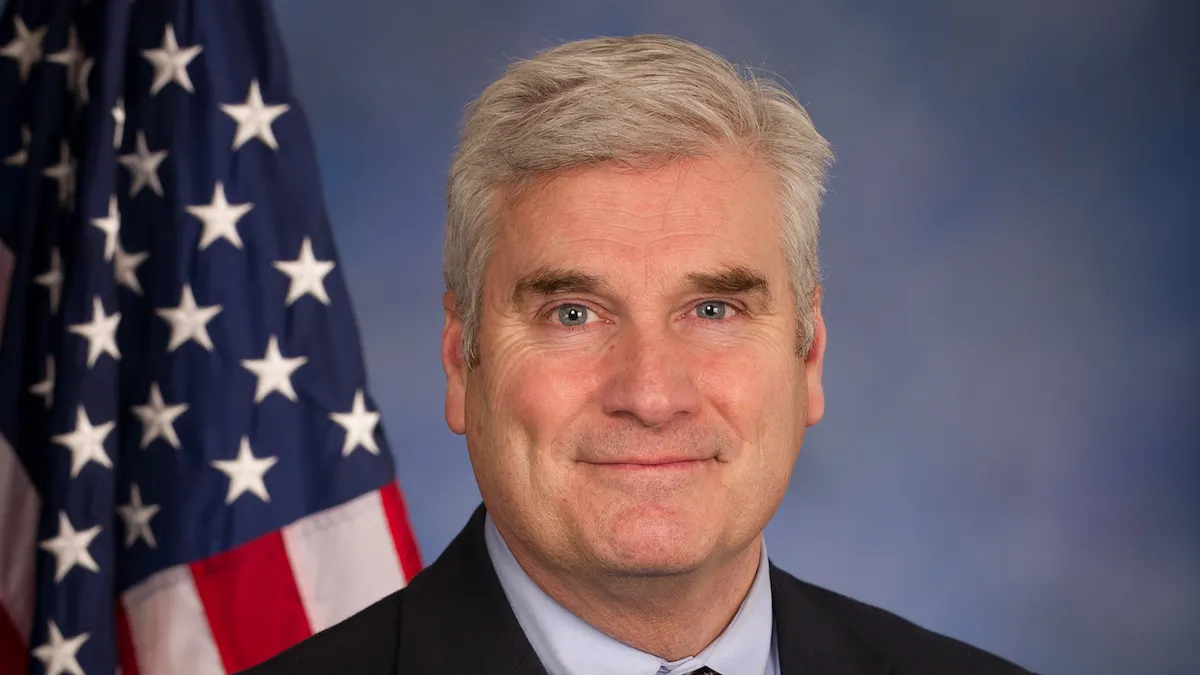Republican House Majority Whip Tom Emmer (R-MN) said on Monday his CBDC Anti-Surveillance State Act has gained significant traction among lawmakers, including some that haven’t stepped forward publicly.
Introduced in February, the legislation would prohibit the Federal Reserve from issuing a central bank digital currency (CBDC) directly to Americans or using the technology to shape monetary policy. It would also make the U.S. central bank subject to greater oversight when studying or piloting a digital dollar.
The bill initially had nine co-sponsors, but that number has since grown to include 14 other members of Congress, bringing the current total to 23. All of them are Republicans, but that just includes the politicians who have put their names on the legislation.
“It's not just a crypto-friendly Republicans,” he said during a discussion hosted by the Federalist Society, a conservative law group.
There’s been support from outside his party, too.
“I believe we have significant support on the other side of the aisle as well, even though they right now cannot be public with that support because the administration is not necessarily favorable,” he said of Democratic lawmakers.
CBDCs parallel digital assets like stablecoins, which are tokens pegged to the price of a sovereign currency, like the U.S. dollar. But instead of being managed by a private company, CBDCs are issued and maintained by their respective governments or central banks.
While some view CBDCs as a natural evolution of cash that could foster greater financial inclusion, Emmer and others have criticized the technology as a tool for surveillance that could be prone to abuses of power.
Those critical toward a CBDC, including Emmer, have raised privacy concerns, arguing it would allow the government to monitor transactions and spending habits, eroding privacy rights. The Fed’s Vice Chair for Supervision Michael Barr acknowledged privacy concerns in March, saying a CBDC should offer privacy that mirrors bank deposits.
The Fed has said repeatedly that it will not issue a retail-facing CBDC without approval from Congress as well, which would be used by Americans in everyday purchases. Yet, Fed Chair Jerome Powell has signaled a CBDC for financial institutions is different.
Emmer described the distinction between a retail and wholesale CBDC on Monday as “word soup that the Fed, and the Treasury, and all these bureaucrats put out.”
Ultimately, he argued that a CBDC should adhere to ideals within the Web3 space, bearing a resemblance to stablecoins if at all possible.
“If you could do an open, permissionless, private cash simulation, we should all be willing to hear what our central government is talking about,” Emmer said. “But as long as you can't do that, then you should not be in the business of creating a central bank digital currency.”

